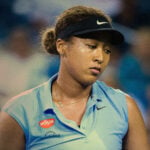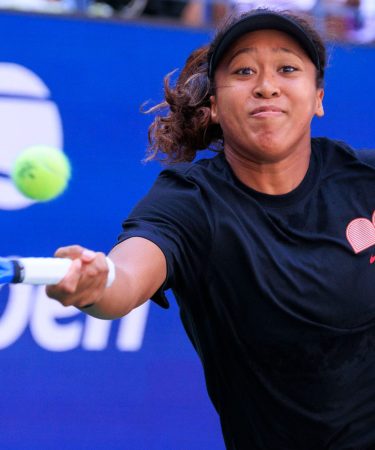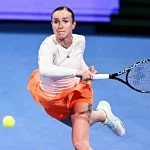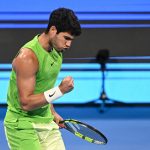Back to 2021 : Naomi Osaka in a documentary that shows her only on her own terms
“Osaka” was the tennis documentary event of the year. It is an intriguing three-part study in every sense of the word
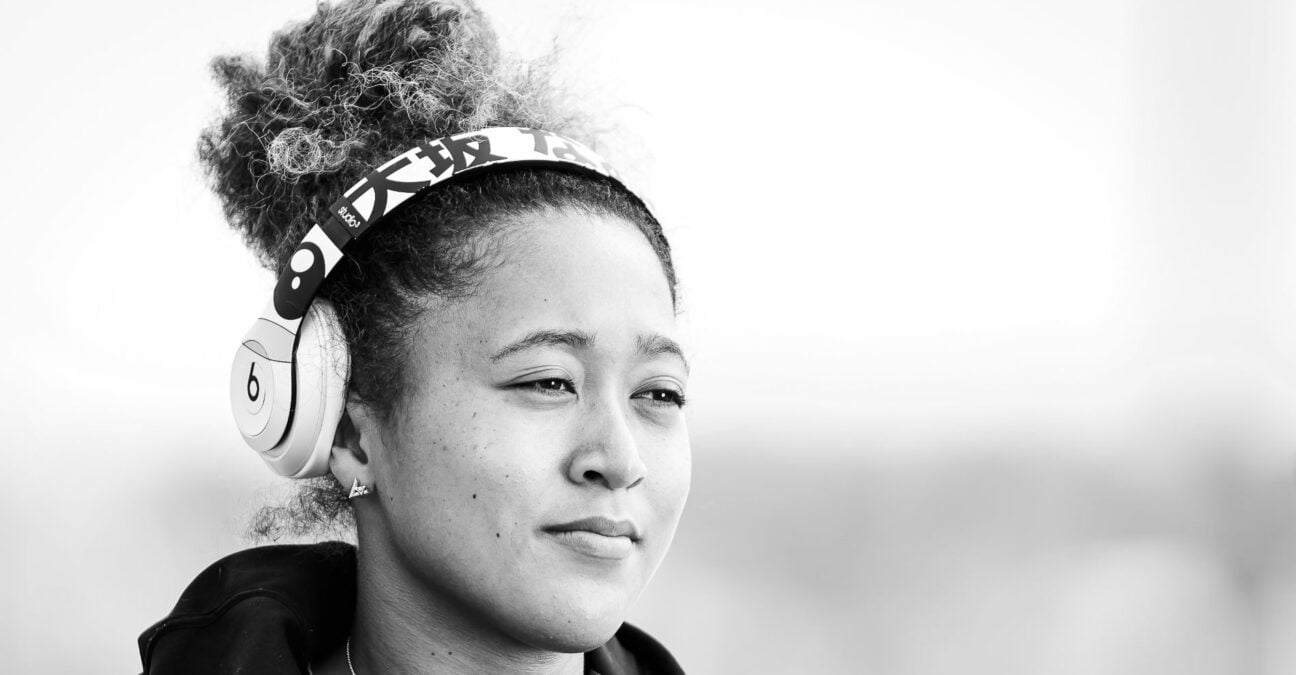 Naomi Osaka, Cincinnati 2021 – © Zuma / Panoramic
Naomi Osaka, Cincinnati 2021 – © Zuma / Panoramic
The details
Watch on: Netflix
Directed by: Garrett Bradley
Running time: 113 minutes divided into three episodes
Episode 1: The Blossoming (38′)
Episode 2: A Champion’s Mentality (42′)
Episode 3: New patterns (33′)
Featuring: Naomi Osaka, Tamaki and Leonard Osaka (her parents), Stuart Duguid (her agent), Jermaine Jenkins (her coach until end of 2019), Wim Fissette (her current coach)
Synopsis
The Netflix mini-series “Osaka” aims to show, from behind the scenes, how Naomi Osaka came up against pressure once she reached the top by winning her first Grand Slam title at the 2018 US Open and then becoming world No 1 a few months later. The third episode focuses mainly on her multicultural background and how she used her fame to her advantage by getting involved in the social field – including advocating for the black community after the death of George Floyd – despite being almost unhealthily shy.
Three things you learn
- That Naomi Osaka’s primary motivation for becoming a professional playter was to get her mother out of poverty and the spiral of odd jobs.
- That she was quite close to Kobe Bryant, the American basketball player who was killed in a helicopter crash on 26 January 2020. The documentary was co-produced by Lebron James, another NBA legend.
- That her boyfriend, the rapper Cordae, is often present at the tournaments.
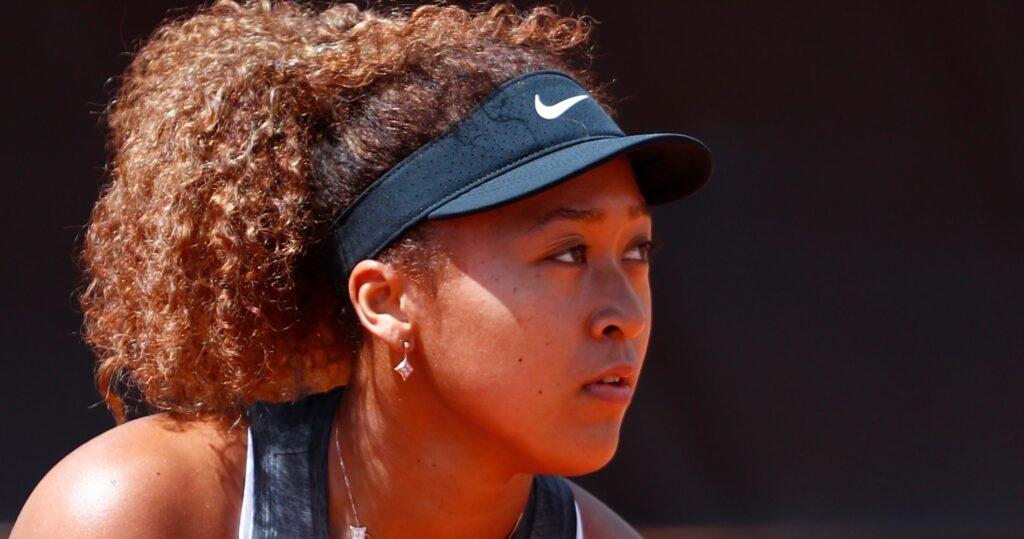
Three memorable quotes
- “Tennis, for me, was a way out. It was either become a tennis champion or chase the money.”
- “For a long time, I considered that I was only valuable if I won. Everyone who knows me sees me as a tennis player. So if I’m not a good tennis player, what am I?”
- “I feel like I have to be flawless, I have to avoid controversy. But deep down inside, the unsaid things are piling up. I want to speak out and at the same time I’m afraid.”
Tennis Majors’ opinion
Can we be frank? We were quite disappointed. Let’s face it, we had a hard time filling the above section with the three things we learned the most about. Let’s be honest: in reality, you learn (almost) nothing.
Netflix, whose sports documentaries have made their reputation on substance rather than form, has not managed to make any real attempt to find out about the person behind the player. On this point, it suffers from the comparison with the one on Mardy Fish.
It hasn’t necessarily aged well, and since the documentary was shot well in advance of its release date (July 2021), it doesn’t address the setbacks Osaka encountered in 2021 with the press. But even so, nor does it frankly address the episodes of nerves and anxieety that the champion later said she suffered from her first major title, at the 2018 US Open.
Of course, Garrett Bradley’s know-how is evident, the direction perfectly focused and the nice archival footage unearthed make for a pleasant viewing experience. And we are inevitably touched, at one point or another, by the almost disarming kindness and empathy of the Japanese champion.
If Bradley was chosen precisely for the very ethereal character of the narrative, a way of plunging us more directly into Osaka’s life, the lack of “face cam” testimonies, one of the main ingredients that often make the power of Netflix docs, nevertheless ends up being felt, painfully masked by the forceful recourse to voice-over.
There are other shortcomings too. For example, one would like to know a little more about why and how Naomi and her sister, Mari, found themselves spending eight hours a day on municipal courts as children, almost on their own, or to have a few words from the German coach who brought her to the top, Sascha Bajin.
It is easy to understand how Naomi Osaka, this graceful and fragile champion, transported more or less against her will into a world not necessarily made for her, ended up in an almost inevitable burn-out, she who, as she admits, was not the most passionate tennis fan in the world (she “likes to play it”, she admits, but finds the attention she receives “ridiculous”).
And there is hope: the mini-series construction suggests that more episodes are possible. It just needs to be a little more authentic.





